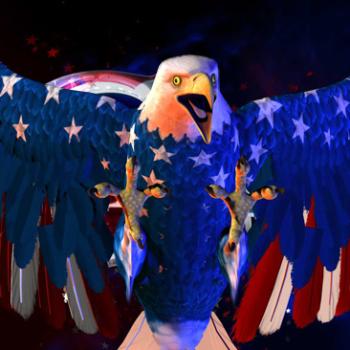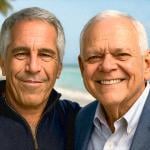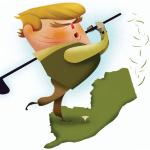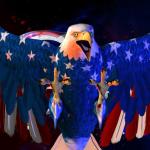In a post titled "The man who planted trees" I described the work of a couple of InterVarsity missionaries who nourished small groups of Christian students throughout Eastern Europe before the fall of communism.
I didn't mean to imply that missionaries or Christianity were the keys to the eventual collapse of Soviet tyranny. But those missionaries did play a small part by affirming and encouraging the exercise of rights not respected or acknowledged by the communist governments of the region. They helped to nurture a nascent civil society, and in doing so planted seeds that grew, eventually, into the revolutions of 1989. The habits of civil society and the respect for individual rights that these missionaries helped to promote also helped the new and newly restored democracies of the region to find their footing after the revolutions.
These were side effects. If you asked Bob, the missionary, what he was doing meeting with these Eastern European Christians during the 1980s, he would never say that he was "encouraging the exercise of the freedom of conscience" or "nurturing a nascent civil society." He would tell you that he was spreading the gospel and planting churches. He wasn't posing as a missionary in order to promote freedom, democracy and human rights. He was first and foremost a missionary — but his work really did have these additional side effects.
Others were at work behind the Iron Curtain during the long years of the Cold War. Many of them, like Bob, worked surreptitiously. Many were explicitly working to end the reign of tyranny and to promote democracy. But many, many others, like Bob, were primarily engaged in some other work. Some were missionaries. Others were businessmen, or trade unionists, or artists. They may not have been actively "promoting freedom," but their work required the exercise of freedom and thus helped to undermine tyranny.
Vaclav Havel, the dissident playwright who became president of the Czech Republic, often speaks of the revolutionary spark that arrived in the former Czechoslovakia with the first Velvet Underground album. He tells of risking imprisonment in order to acquire a bootleg copy.
Brian Eno famously said that only 5,000 people bought that album, but all of them went out and started bands. Some of those people lived in countries where starting a band was illegal. They lived in countries where the basic rights — freedom of speech, freedom of assembly — that make starting a band possible were not recognized. And they found that unacceptable.
The lesson here, I think, is that one way to fight tyranny, promote democracy and spread what President Bush calls "God's gift" of freedom is to write a song like "Pale Blue Eyes."












